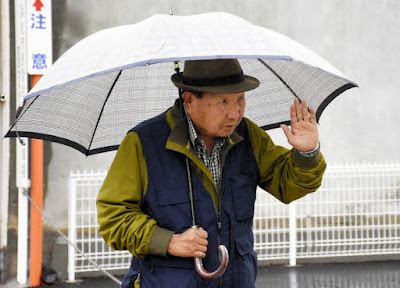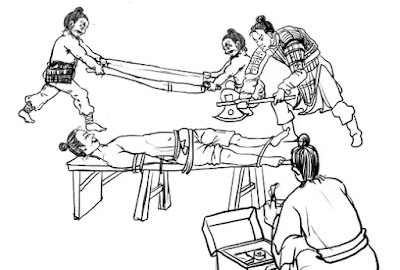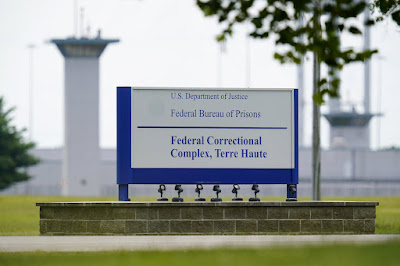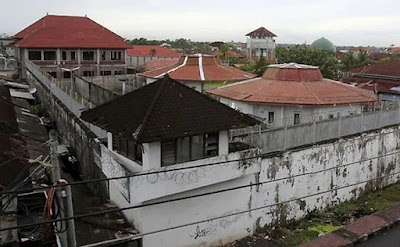 |
| Concerned that a borderless, global Internet could weaken their political control. |
A Chinese technology regulator has announced a 14-month campaign to root out services that allow people in the country to circumvent the government's internet censorship.
The Ministry of Industry and Information Technology says it forbids the use of virtual private networks (VPNs) or leased lines that allow users and businesses to access blocked overseas websites without permission.
The ministry said Sunday it also will inspect and "clean up" the market of internet service providers.
Numerous foreign and domestic companies in China use VPNs to conduct business, and private citizens often use the technology to access banned websites such as Google, Facebook and Twitter.
China's government has waged a long-running campaign to deter VPN use, blocking access to VPNs and regularly disrupting the channels.
Consolidating its ability to censor the Internet
China is consolidating its ability to censor the Internet by drafting rules requiring businesses that serve domestic Internet users to register their Web addresses inside the country, a move seen as targeting Chinese companies but that has raised concerns among foreign businesses.
In its most draconian interpretation, the proposed requirements could also further limit access within the Chinese network, analysts said. That appears to be the latest step by the ruling Communist Party to erect cyber barriers in the name of what some officials call "Internet sovereignty."
"This expands control over domestic Internet operators and contributes to the gradual buildup of the capability underpinning Internet sovereignty," said Rogier Creemers, an expert on Chinese media policy at the University of Oxford.
Concerned that a borderless, U.S.-led global Internet could weaken its political control, China's government has repeatedly issued cyber regulations that have drawn criticism from Western trade groups.
Following pushback from the White House last year, China dropped a provision in a cybersecurity law that would require companies to keep Chinese user data at facilities in China, allowing the government access to personal information.
Sources: Associated Press, January 23, 2016;
Jakarta Post, March 31, 2016
⚑ | Report an error, an omission, a typo; suggest a story or a new angle to an existing story; submit a piece, a comment; recommend a resource; contact the webmaster, contact us:
deathpenaltynews@gmail.com.
Opposed to Capital Punishment? Help us keep this blog up and running! DONATE!







.jpg)





